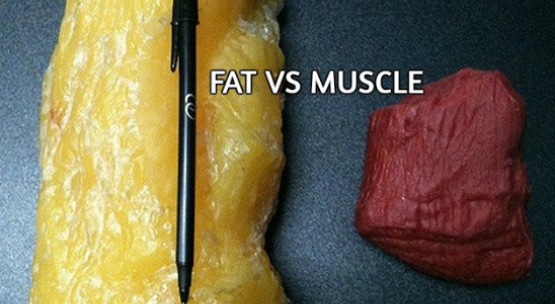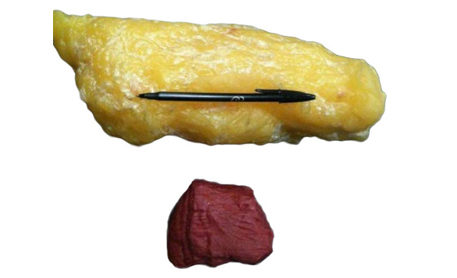
Training Offered
- Join Us Today
- Lead Instructors
- Senior Instructors
- Assistant Instructors
- Medical Doctor
- Club Attire
- Gradings Leeds 2024
- Gradings Black Belt Leeds
- Contact Sparring
- Fight Club Leeds
- Team Elemental Kickboxing Leeds
- Champions Wall
- Private Coaching Leeds
- Remote Personal Training Leeds
- Online Training Leeds
- Gym Access
- Gym Space Hire Leeds
- Faqs
24
Sep
Misconceptions of Fat Loss
By: James Clark fat loss, weight management

As a personal trainer, I have encountered many people who want to have that quick, easy step towards fat loss. They see me and assume I have the one step they are missing from obtaining the Greek-god/goddess-type physique. Either that, or they saw on a ‘reputable’ Facebook post that by doing only 'this simple exercise, they can reduce all the fat around their midsection'. Many question why it’s too complicated counting calories, and often don’t see any weight loss after exercising. This results in most falling at the first hurdle.
Truth be told, it is quite a simple task when you think about it.
SPOT REDUCTION
First thing's first - let me get to the main myth of fat loss which is spot reduction. Spot reduction is the idea that you can exercise certain body parts and reduce the body fat in that area; for example, doing 100 sit-ups and gaining a 10-pack immediately. The truth is, fat loss is decided by your sex, genetics, hormone levels, age and how your body works on a metabolic level – in other words, everyone is different and fat comes off in predetermined areas of the body, typically starting with upper body, before making its way to your midsection.
RESTRICTIVE DIET
Moving on from the fallacy that is spot reduction, the second myth of fat loss is a restrictive diet - especially on fats and carbs. Everyone needs two things in their life in order to be optimised to help with fat loss: diet and exercise. Your body needs many things, including a healthy amount of fats. Did you know that in your daily calorie intake, you generally need up to 33% to be fats?
By restricting diet, you're more than likely fooling your body into storing fats or converting other macronutrients into fat because of the lack of the fats in the first place - crazy, I know. This doesn’t mean start piling your plate with cream cakes though, there is a limit remember!
"I CAN'T SEE A DIFFERENCE!"
Another thing that gets people down is stepping on those scales and not seeing a change in their overall weight. ACSM guidelines state that 1-2lbs of weight loss a week is safe (with a calorie deficit of 200 – 500 calories, depending on the individual). Notice also that it's classed as weight loss, not fat loss. The reason it is classed as weight loss is because you lose fat, lean tissue (muscle), water and even organ size. To maintain your muscle, you’ll need to hit the weights too to lose fat. The more lean tissue you have the higher your metabolic rate is and therefore, the more fat you are likely to burn. This, though, will put more weight on as lean tissue is heavier than fat in terms of its size.

This is where most find it disheartening when they weigh themselves after months of training, and don’t see much change. If you had 5lbs of fat and 5lbs of lean tissue, the physical size difference is astonishing. They both weigh the same yet the muscle is not even half the size of the same weight of fat. This is why when you aim to lose weight, you should really aim to lose fat.
IN CONCLUSION
By now, you’re probably questioning the accuracy of my earlier statement of losing fat being 'quite a simple task'. You must think of your 'macro intake', make sure you’re not losing too much muscle - and when you have these things right, amongst other variables, could your genetics be making it hard to lose fat? Before you blame your Great Grandma Beatrice on your ‘Fat Genes’, just take away one vital piece of information today – if energy in is more than energy out, you’ll gain weight, if they are the same you’ll maintain weight, and if energy in is less than energy out, you’ll lose weight. See, simple.
For more information on weight loss and our nutritional programs, contact us.



